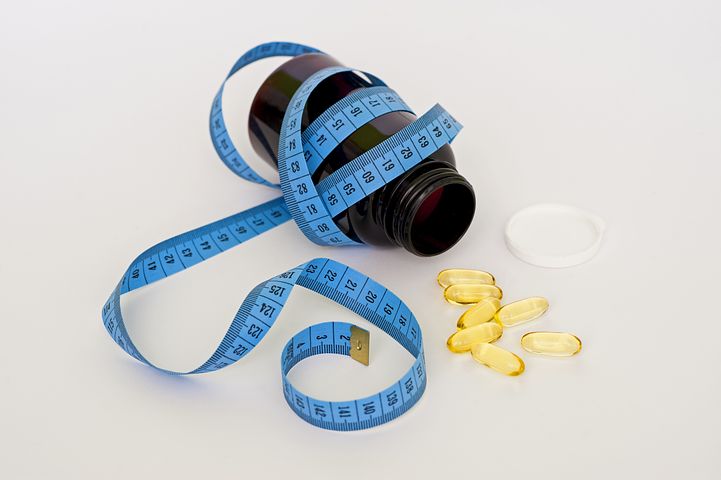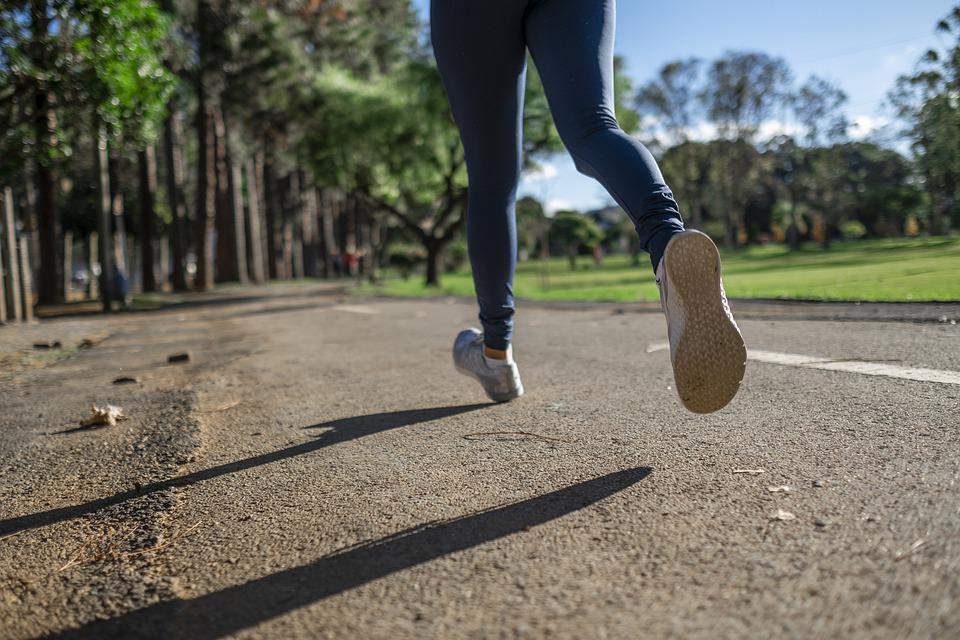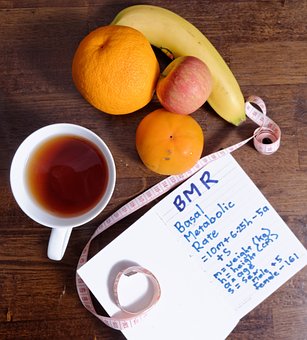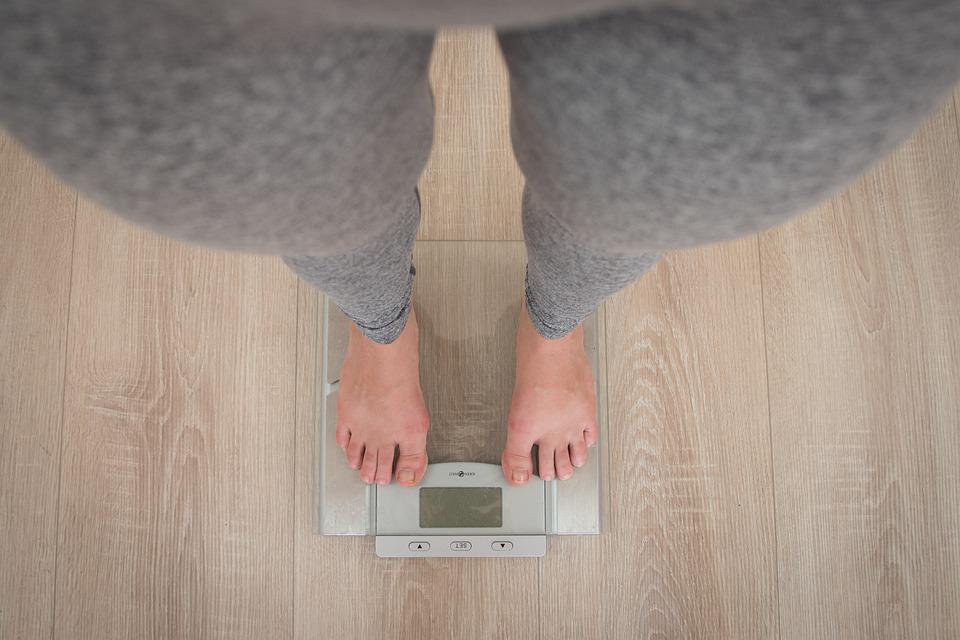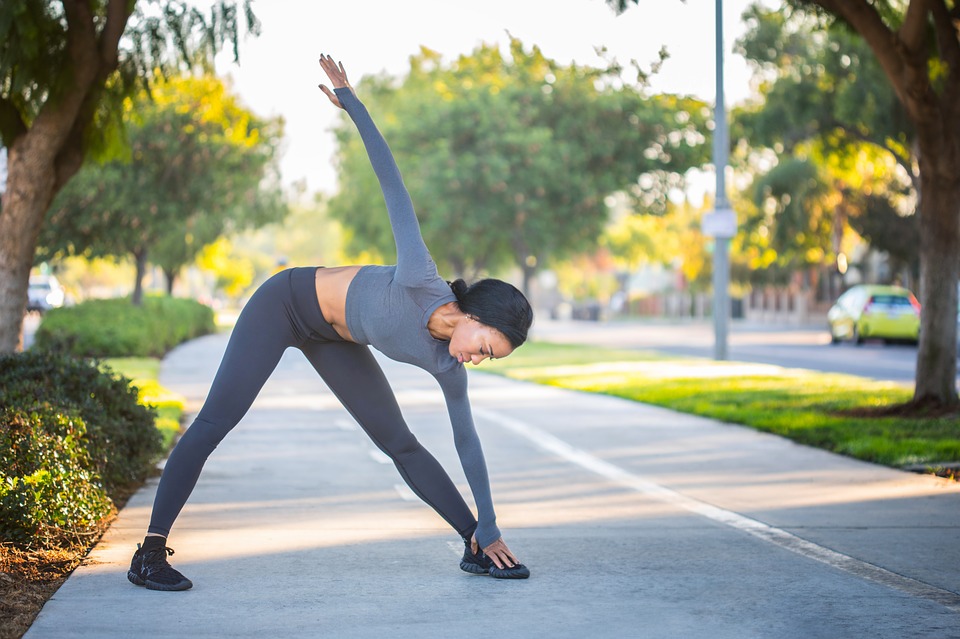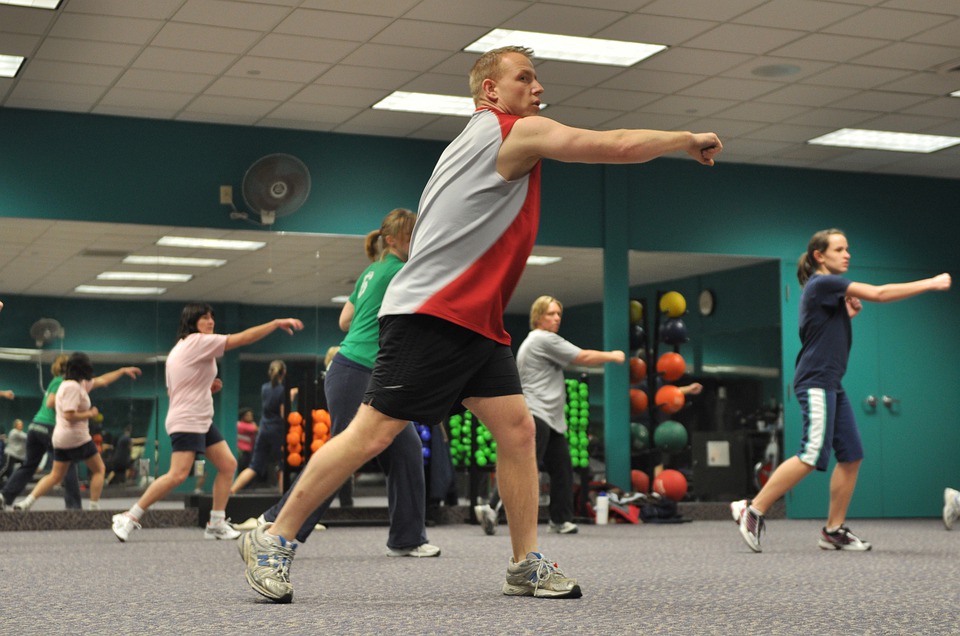
The reason people burn different amounts of calories during the same workout is that everyone’s body is different. Some people are bigger and have more muscle mass, which means they burn more calories. Others are smaller and have less muscle mass, which means they burn fewer calories.
When talking about metabolism, it is important to understand that it is the processes in your body that use nutrients for energy or growth. Metabolism is constantly happening in your body and is controlled by many different factors.
- Body Weight
The more you weigh, the more calories you will burn in a single session. Kyle Gonzalez, a certified strength and conditioning specialist from San Francisco, says that this is because calories are a measure of energy. The more weight you have, the more energy it takes to move your body, and therefore the more calories you will burn.
The size of a person’s internal organs is a significant factor in how many calories they burn during exercise and at rest. This is because these organs and their processes require energy. One study found that up to 43 percent of the variation in total calorie burn between people could be explained by differences in the size of their internal organs.
The weight loss process is complicated and can be impacted by many different factors. One such factor is that as your weight decreases, your body burns fewer calories. This can lead to a weight loss plateau or even weight gain. However, this is not the only reason this happens. Review studies have also found that other physiological adaptations can be triggered by weight loss, such as an increased burning of stored fat for energy (a process called fat oxidation), greater hunger caused by higher levels of the hormone ghrelin, and less satiety due to lower levels of the leptin hormone.
If you’ve been trying to lose weight but haven’t seen any results, you might want to consider working with a registered dietitian. A registered dietitian can help you reach your weight loss goals in a healthy way. You can find a registered dietitian at the Academy of Nutrition and Dietetics.
Exercise is good for overall health, even if it doesn’t lead to weight loss. A study published in October 2021 showed that people who exercised had improved cardio-respiratory fitness, which is associated with better health outcomes and a lower risk of premature death, even if they didn’t lose weight.
- Muscle Mass
The more muscle mass someone has, the more calories they will burn compared to someone who weighs the same but has less muscle. This is because muscle tissue burns more calories than fat tissue.
Having additional muscle mass while working out will result in more calories being burned. This is because your body needs to produce more energy to support the increased muscle activity. In other words, if you’re looking to maximize your calorie burn, you should focus on strength training. Lifting weights has been shown to burn more fat, long-term, than cardio exercises. However, it’s important to keep in mind that people have different goals and abilities, so ultimately it’s your decision on how you exercise.
- Birth Sex
Men usually burn 5 to 10 percent more calories than women both when they are resting and when they are exercising. This attributes to the fact that men are typically larger than women and have more muscle mass.
Women are not able to be as lean as men because they are genetically predisposed to carrying more fat to support hormone production and childbearing, according to Brodell.
Body fat is not just for looks, it is essential for many bodily functions. According to the National Institute of General Medical Sciences, storing energy, protecting internal organs, and supporting critical functions like growth, immunity, hormone production, reproduction, and metabolism are just some of the things body fat is responsible for.
The American Council on Exercise (ACE) states that men generally need more body fat than women to maintain good health. However, more research needs to be done to determine an ideal body fat percentage range. A healthy body fat percentage for adults younger than age 40 is 8 to 20 percent for men and 21 to 33 percent for women, according to one study. The relationship between health and body fat is complex and not perfectly understood.
If you are concerned about how many calories you are burning, focus on things that you can control, such as your diet and exercise routine. “The bottom line is that men and women should focus on building muscle and improving cardiovascular health with a well-balanced cardio and strength-training program,” Gonzalez says.
4 Things You Need to Know About Counting Exercise Calories
The formula for weight loss is simple, but there are many factors that can make it difficult to lose weight. The well-known weight-loss formula is: burn more calories + eat fewer calories = weight loss. This seems like a pretty straightforward concept.
If you want to lose weight in a structured way, a registered dietitian can help you create a healthy meal plan. Furthermore, understanding how many calories you burn through exercise will help you develop and stick to a comprehensive plan to reach your health goals.
1.Net Calories vs. Gross Calories
The difference between your gross and net caloric expenditure is that your net caloric expenditure takes into account the number of calories you would have burned even if you weren’t working out. Activity calculators generally provide a number that reflects the number of calories burned during your workout, but this number doesn’t take into account the number of calories you would have burned even if you weren’t working out.
- Net calories are sometimes called active calories. During a workout, it refers to the total number of calories burned during your activity minus calories expended for basal metabolic functions. Your basal metabolic rate (BMR) —also called your resting metabolic rate (RMR)—is the energy needed to sustain basic functions such as breathing and circulation. Net calories refer to the extra calories burned during physical activity.
- Gross calories refer to the total number of calories that you burn in a given period of time, such as during a workout. This number includes calories burned from your BMR and the extra energy required for exercise activity.
If you want to calculate how many calories you’ve burned while running, you need to take into account the calories you would have burned while doing something else, like watching TV.
This is important because if you are trying to burn an extra 300 calories per day, you need to make sure that those are net calories. This way, the calories will actually be “extra.”
What You Can Do
Some fitness trackers and smartwatches provide both active and total calorie burn information. If you’re trying to lose weight by burning extra calories, use the active number to see if you’ve reached your goal, rather than the total number.
2. Exercise Intensity
The calorie calculators on exercise machines are not very accurate. They use your weight and duration to determine the number of calories you burn, but they don’t take intensity into account.
Many devices that track heart rates are more accurate in estimating calories burned during a workout. This is because they use heart rate measurements to gauge how intense the activity is.
For example, if you work extremely hard during your treadmill workout, your tracker is more likely to take your higher heart rate into account and show that you’ve burned more calories. But harder workouts aren’t necessarily better.
A pilot study published in 2017 found that 12 weeks of light-intensity exercise significantly reduced body weight and body fat in young adults with obesity. 12 weeks of high-intensity exercise also reduced body weight, body fat, waist circumference, waist-to-hip ratio, and waist-to-height ratio.
High-intensity exercise may not be enjoyable if you have to work very hard and also increases your risk of burnout or injury.
Some researchers suggest that moderate-intensity workouts with a low perceived effort are more effective for some people because very hard workouts could lead to dropout and other problems such as lack of motivation.
What You Can Do
A workout intensity that promotes consistency and self-confidence is choosing an intensity for your workout. You may want to exercise at different intensities throughout the week to prevent burnout and injury.
The number of calories you burn from physical activity will depend on how hard you work. Some activity trackers use heart rate to estimate the total number of calories burned and are likely to be more accurate than calorie calculators that don’t consider heart rate.
3. Workout Type
The benefits you get from working out depend on the type of activity you do. If you’re only concerned with burning calories to create a deficit, you might miss out on the benefits that other types of workouts can provide. These benefits aren’t reflected in calorie counts or fitness tracker data.
- Weight Bearing vs. Non-Weight Bearing
Weight-bearing activities such as running, jumping rope, or walking have the potential to burn more calories because your body has to work against gravity. These activities also promote better bone health. Non-weight-bearing activities, such as cycling or water jogging, may be more comfortable for those with joint issues.
If you are able, participating in both weight-bearing and non-weight-bearing activities will optimize workout results. You should do a few days per week of weight-bearing activities for optimal bone health, and then take a day or two off to do non-weight-bearing activities to give your body a break.
- Aerobic vs. Strength Training
Studies have shown that cardio exercise is effective for burning calories and losing weight. Research has also demonstrated that resistance training helps promote weight loss and weight maintenance by helping the body maintain lean muscle mass.
You shouldn’t avoid weight training workouts even though they burn fewer calories than cardio sessions.
Weight training burns more calories than cardio and helps you tone your body. Cardio helps you lose weight and improves your cardiovascular health. Some studies have compared weight training to cardio for weight loss. Weight training burns more calories than cardio and helps you tone your body. Cardio helps you lose weight and improves your cardiovascular health. However, experts advise that you combine both types of exercise because both provide important benefits.
What You Can Do
To make your workout program comfortable and sustainable, try to include both aerobic and resistance training in your plan. Aerobic exercise will help you to burn more calories while strength training helps you to maintain lean muscle mass.
The guidelines for activity level suggest that you should be getting at least 150-300 minutes of moderate-intensity aerobic activity, 75-150 minutes of vigorous activity, or a combination of the two per week. They also suggest that you participate in resistance training at least two days per week.
4. Exercise Compensation
Even if you are doing the right exercises to lose weight, you may not be seeing the results you want. This may be because you are unconsciously making up for the calories you burn with exercise by eating more later.
The amount of energy you expend during your exercise routine can have an impact on how active you are for the rest of the day. For example, if you do a difficult workout and then take a nap or miss an afternoon walk, you may end up burning fewer calories overall as a result. Exercise can also increase your appetite, leading you to consume more calories. Researchers refer to this as exercise compensation.
What You Can Do
It’s more effective to focus on your total daily caloric expenditure (TDEE) when trying to lose weight by counting exercise calories, rather than just the calories burned during your workout. You might make changes to your activity level and eating habits that cancel out the calories you burned exercising.
The text is saying that if you are constantly feeling tired, you should reconsider how hard you are working out and make sure you are eating enough food.

